Conversational AI is moving from novelty to everyday utility, yet user trust still lags behind adoption. Fresh figures from Yext’s March-April 2025 survey and three comparative studies clarify when consumers rely on generative search, when they revert to traditional engines, and how those habits shape purchase decisions.
AI consumer adoption in 2025
Yext’s March-April 2025 2025 AI Search Archetypes survey of 2,237 adults in the US, UK, France and Germany finds that 43% now use an AI tool every day. That is almost double the 24% self-reported daily use recorded by Salesforce in March 2024. Three out of four respondents (75%) say their usage has risen during the past year.
- Age split: Daily use peaks with Millennials (56%), followed by Gen Z (38%), Gen X (29%) and Boomers (12%).
- Task split: Forty-eight percent of Gen Z employ AI for brainstorming, while 69% of Millennials still rely on classic search engines for deep product research.
- Channel stacking: Sixty-two percent consult both AI and search engines within the same journey; only 10% accept the first AI answer without checking elsewhere.
Pew’s February 2024 US-only study supports the growth trend but shows lower absolute penetration: 23% of adults had ever used ChatGPT and just 6% were weekly users. Taken together, the datasets suggest rapid but uneven expansion across markets.
Trust and verification behavior
Trust has not kept pace with usage. Despite 62% saying they “trust AI to guide brand choices,” only 19% trust AI results for local services, versus 45% who trust search engines for the same query type.
- For personal, medical or financial topics, 57% still begin with a traditional search engine.
- Forty-eight percent of AI users verify outputs across two or more channels before acting; among Boomers that rises to 80%.
- Pew reports that 60% of prior ChatGPT users doubt the accuracy of its information at least “some of the time.”
Purchase-journey impact
- Sixty-two percent of respondents say AI influences which brands they shortlist.
- Thirty-eight percent have completed a purchase directly after consulting an AI tool in the past three months, yet only 10% did so without further confirmation.
- Salesforce’s 2024 research showed a smaller but material effect: 29% of consumers worldwide had bought an item after a generative AI recommendation.
Measurement note: Both Yext and Salesforce surveyed recent online purchasers, so figures may skew toward digitally confident consumers.
Method and source notes
- Yext: “2025 AI Search Archetypes,” online survey of 2,237 adults (US, UK, France, Germany), March-April 2025. Eligibility: purchased online in the last three months and used voice or conversational AI.
- Pew Research Center: “One Year In, Public’s Use of ChatGPT Remains Limited,” US probability-based panel, n = 10,133, January 2024.
- Salesforce: “Generative AI Snapshot Research: The New Buyer Experience,” online survey of 4,500 consumers in 11 countries, March 2024. Limitations: non-probability sample.
- Online-only panels tend to over-represent higher digital literacy, and differing question wording can inflate variance in trust metrics.
Interpretation and implications
- Likely: Omnichannel verification is now the default. Brands should expect AI answers to be cross-checked against search results, social proof and site content. Schema markup, accurate local listings and up-to-date product feeds help align those surfaces.
- Likely: Visibility inside AI answers is becoming a mid-funnel influence point, not a standalone destination. A seamless hand-off from AI carousel to SERP snippet to product page matters more than winning any single surface.
- Tentative: Local businesses face a trust gap. Only one in five users trusts AI for nearby services, creating room for paid local search and reputation management until AI accuracy improves.
- Speculative: Generational usage may stabilize rather than converge. Millennials and Gen Z show different task patterns, suggesting that segment-specific content prompts could outperform one-size recommendations inside AI chat interfaces.
Contradictions and gaps
- Yext shows 62% “trust AI” for brand choices but only 19% trust AI for local research, underscoring inconsistent trust definitions across question frames.
- Pew’s 6% weekly-use figure contrasts sharply with Yext’s 43% daily multinational usage; sampling and timing differences limit direct trend comparisons.
- Longitudinal data remain sparse, so it is unclear whether trust will rise as accuracy improves or plateau once early curiosity subsides.

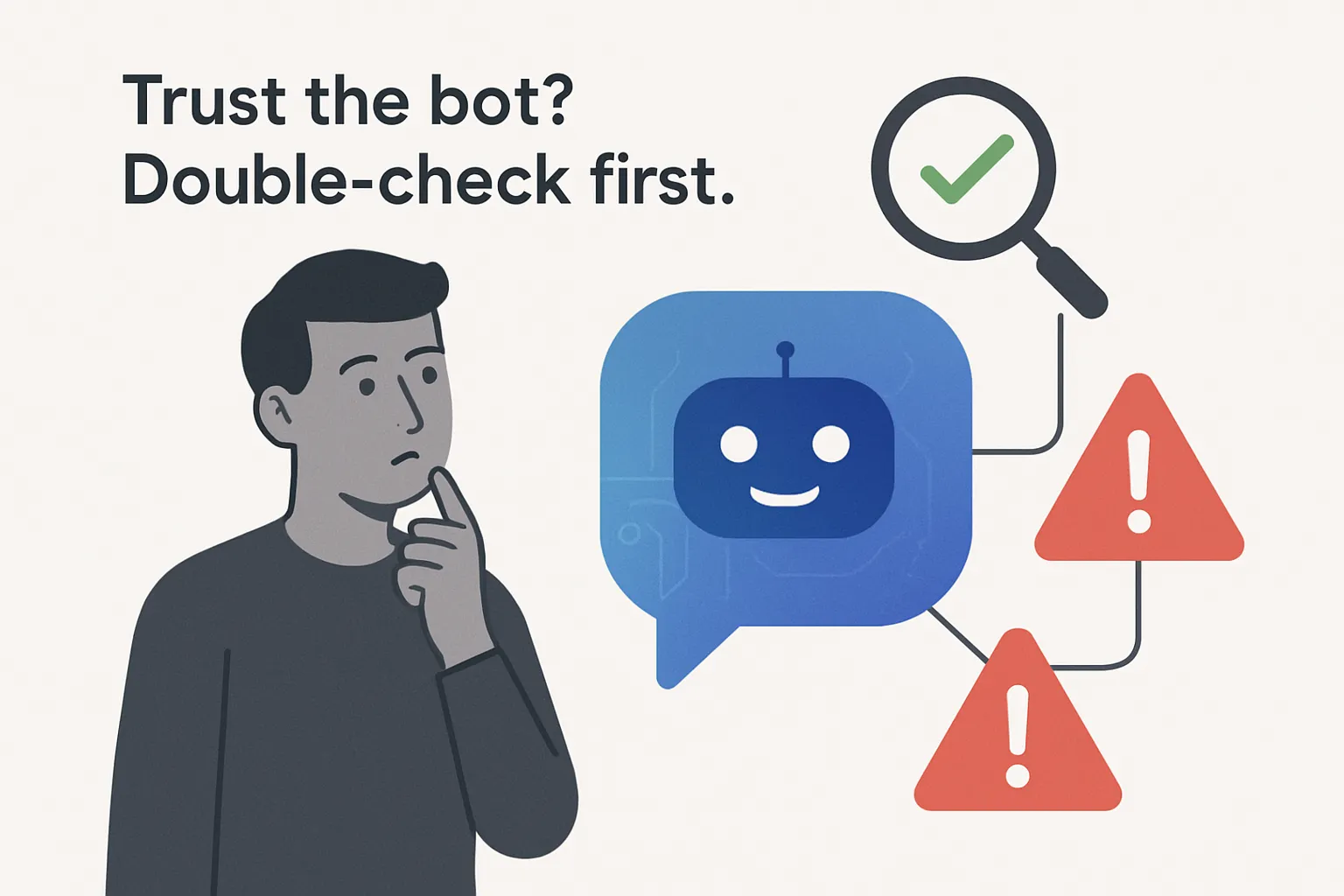

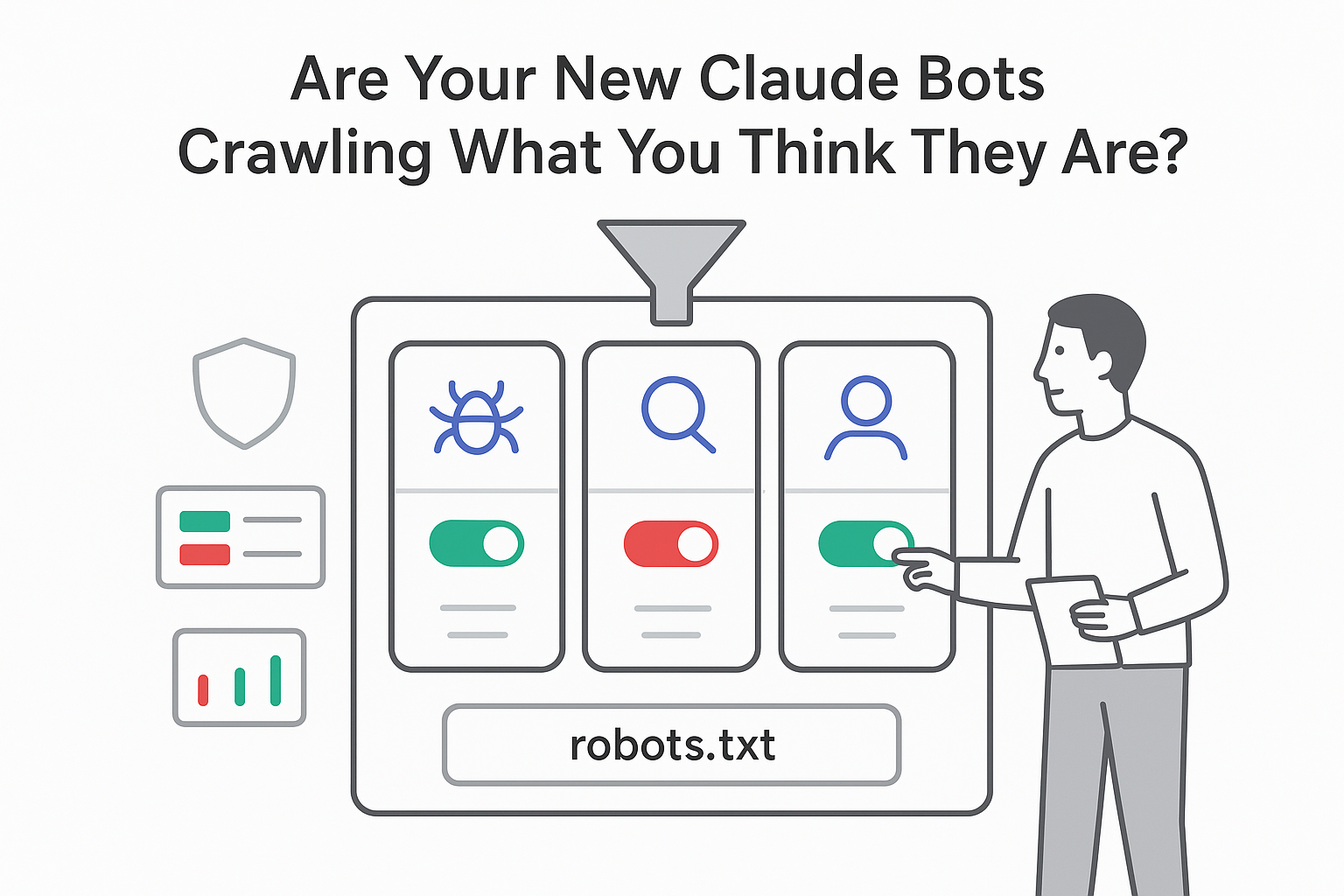
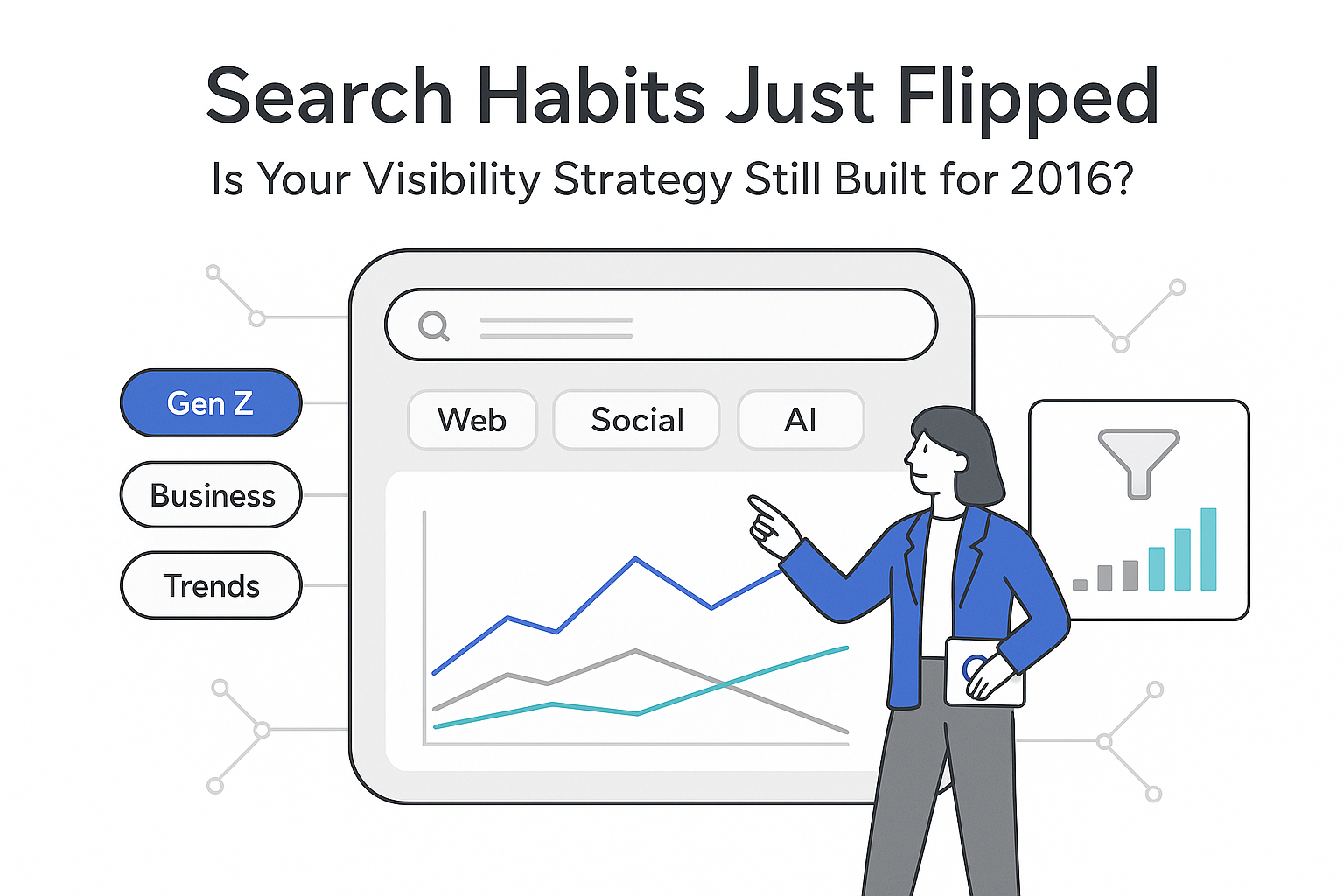
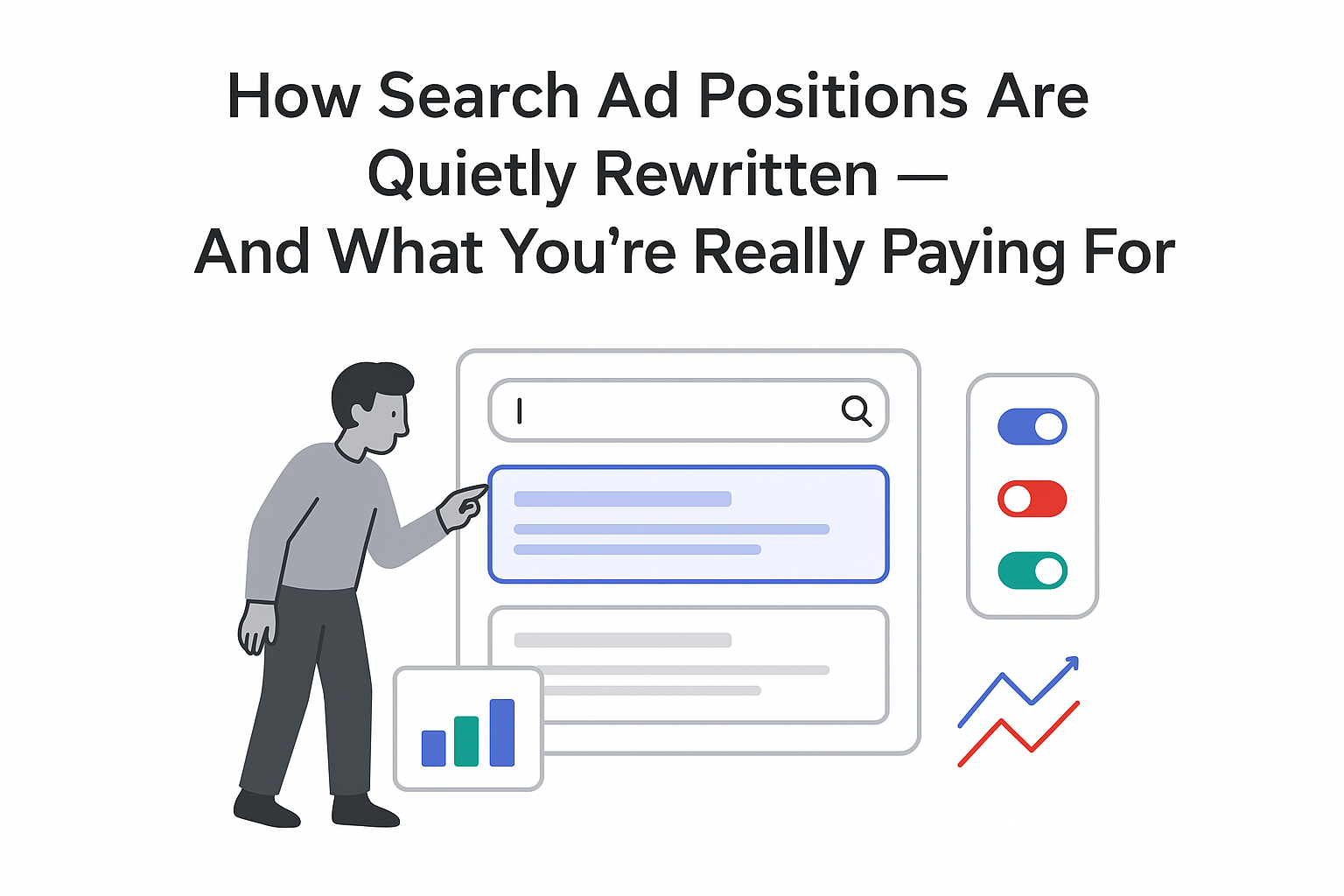
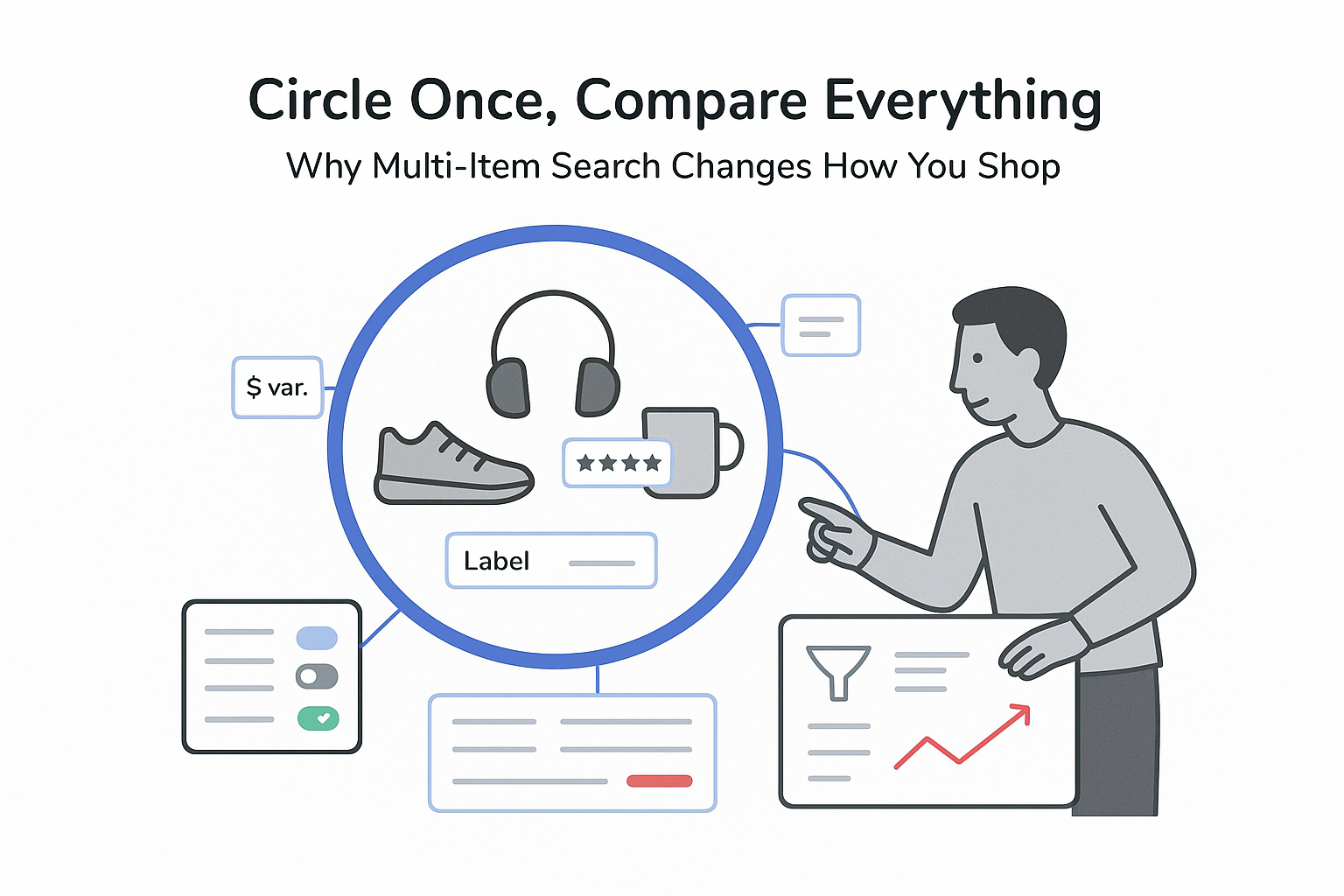
.svg)